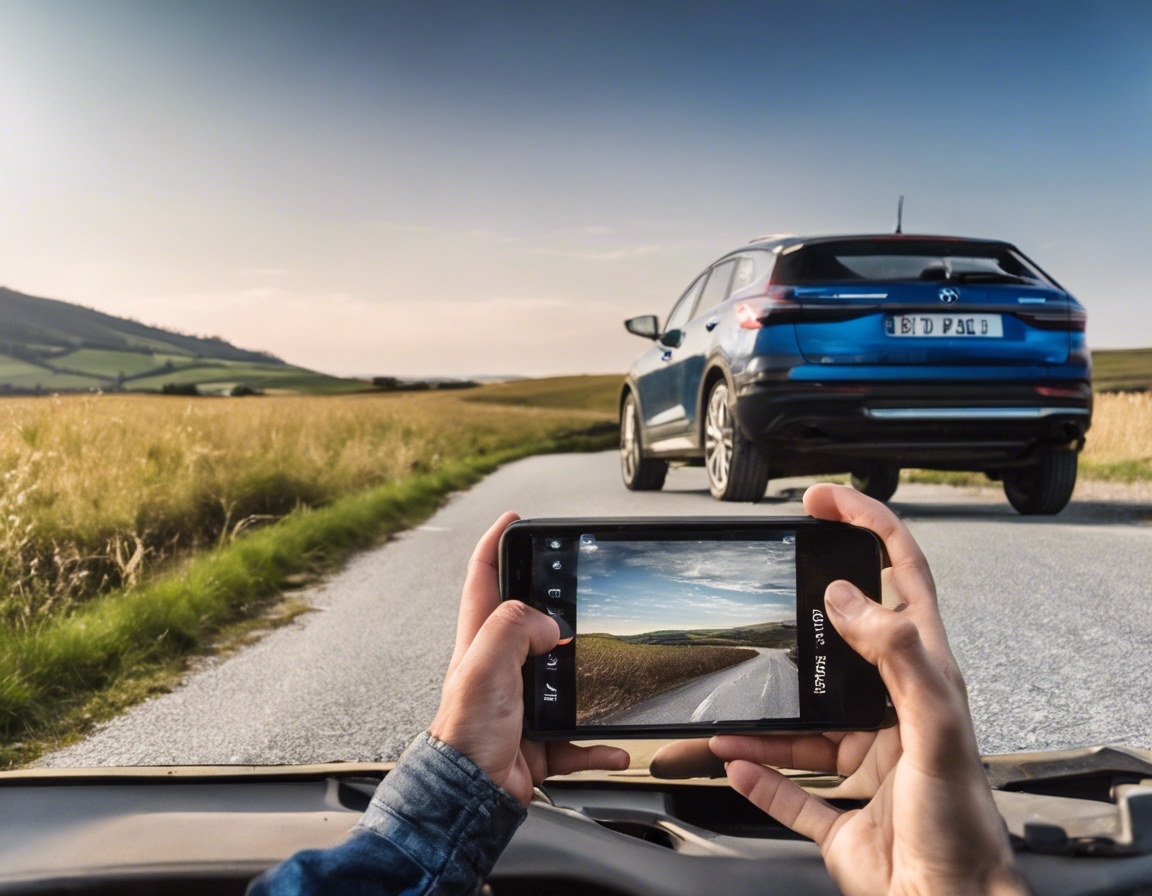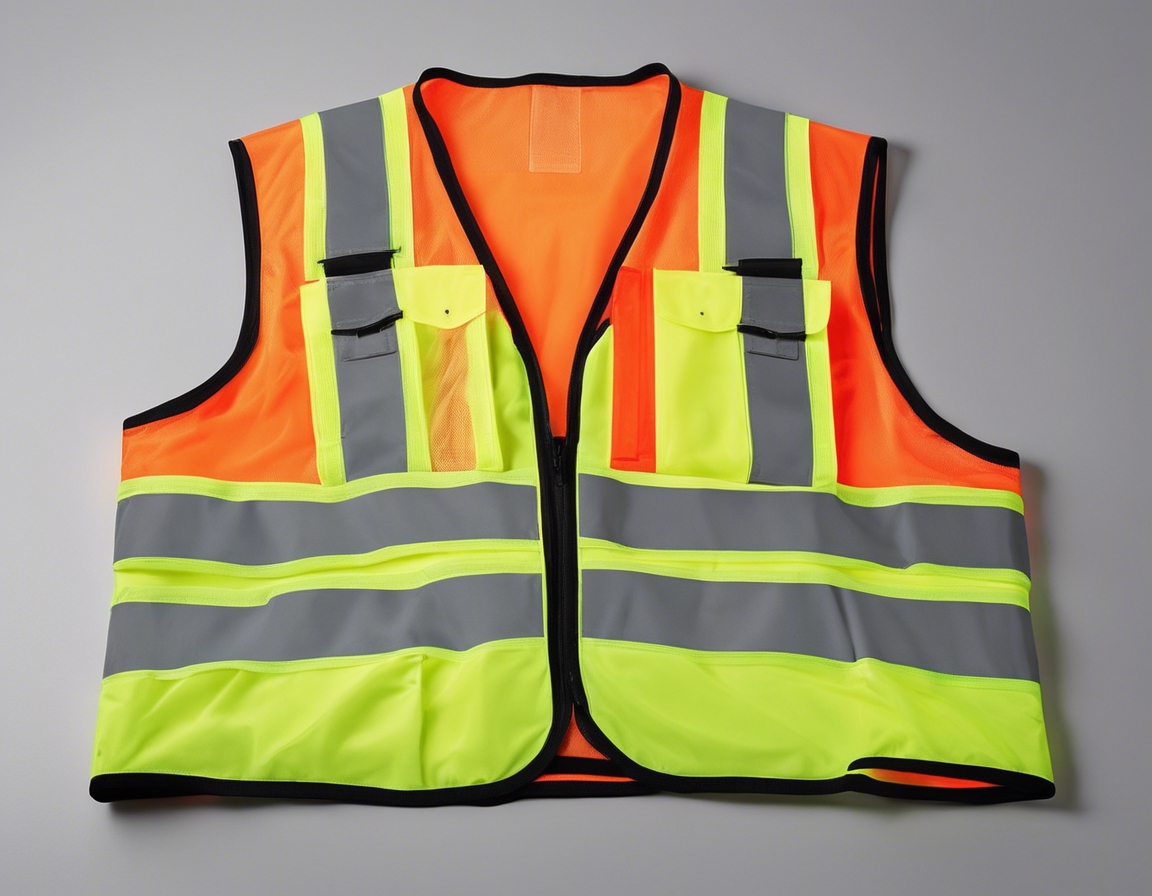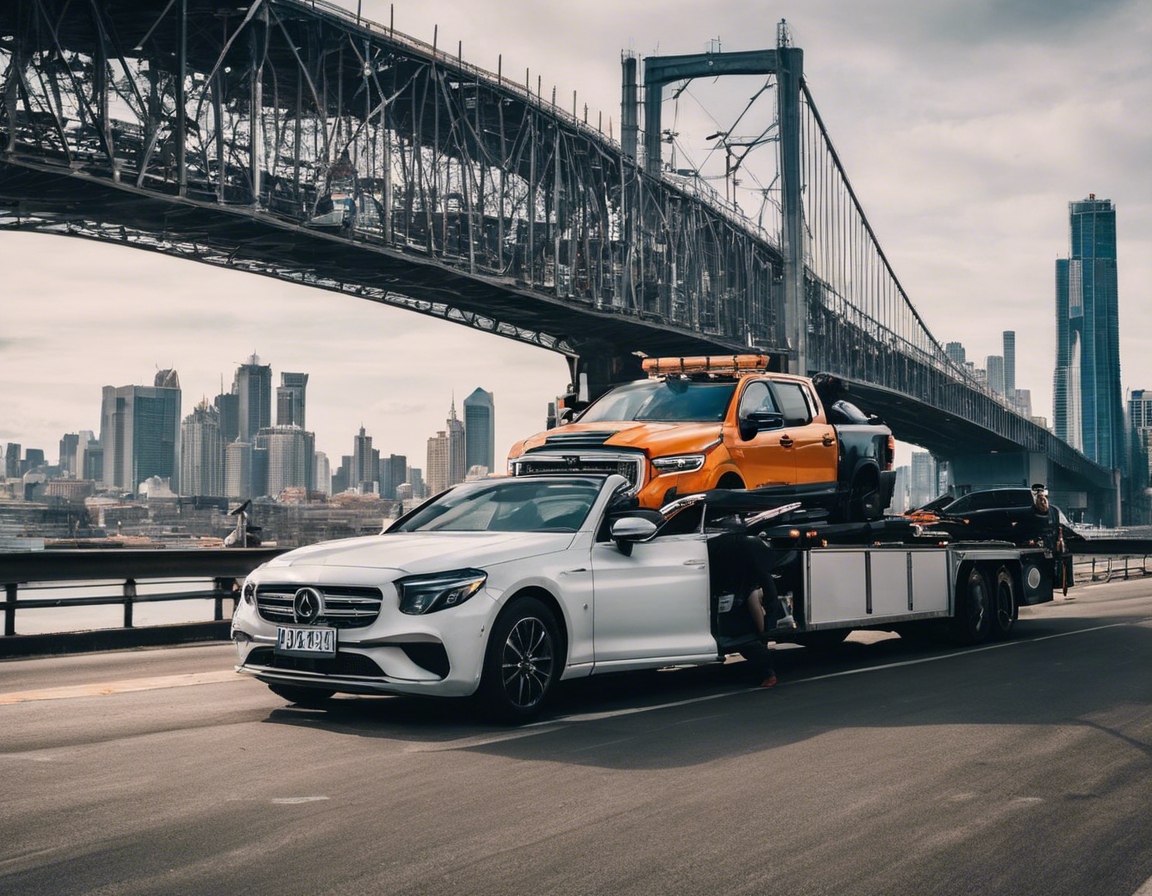5 tips for handling a roadside emergency abroad
Traveling abroad presents a unique set of challenges, especially when it comes to driving. Different road conditions, unfamiliar traffic laws, and language barriers can all contribute to the stress of experiencing a vehicle breakdown or accident in a foreign country.
Before embarking on an international journey, it's crucial to prepare for the unexpected. This means understanding what to do in the event of a roadside emergency, having a well-stocked emergency kit, and knowing how to contact local help.
Tip 1: Stay Calm and Assess the Situation
The first step in any emergency is to ensure your personal safety and that of your passengers. If possible, move your vehicle to the side of the road to prevent further accidents. Turn on your hazard lights and set up warning triangles or flares if you have them.
Once safe, assess the condition of your vehicle. Determine whether it's a minor issue that you can handle or if you need professional assistance.
Tip 2: Use Your Emergency Kit
Your emergency kit should include items such as a first-aid kit, flashlight, spare tire, jack, reflective warning signs, water, and non-perishable food. It's also wise to have a charged mobile phone and a portable charger.
Know how to use each item in your emergency kit. For example, if you have a flat tire, use the jack and spare tire to replace it. If you're stranded, use the food and water to stay nourished until help arrives.
Tip 3: Signal for Help
Use reflective warning signs and flares to signal distress and to warn other drivers. A white flag or cloth tied to your vehicle can also indicate that you need help.
Use your mobile phone to call for help. GPS devices and apps can provide your exact location to emergency responders.
Tip 4: Contact Local Emergency Services
Before your trip, research and save local emergency numbers. Remember that the universal emergency number in many countries is 112.
When contacting local services, speak clearly and provide your location, the nature of your emergency, and any immediate needs you may have.
Tip 5: Know Your Insurance and Roadside Assistance Coverage
Review your insurance policy and roadside assistance coverage before traveling. Know what services are covered and how to initiate a claim abroad.
Some policies include international roadside assistance. Familiarize yourself with the process of getting help in the country you're visiting. Keep contact information handy.





Comments (0)